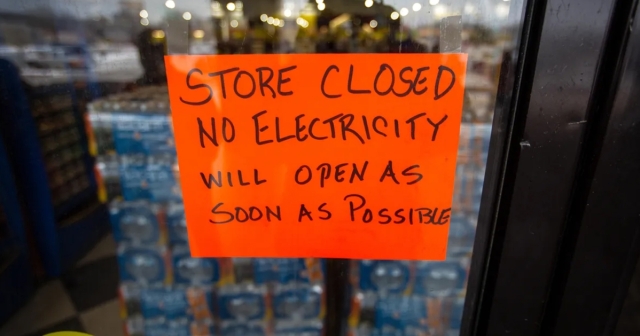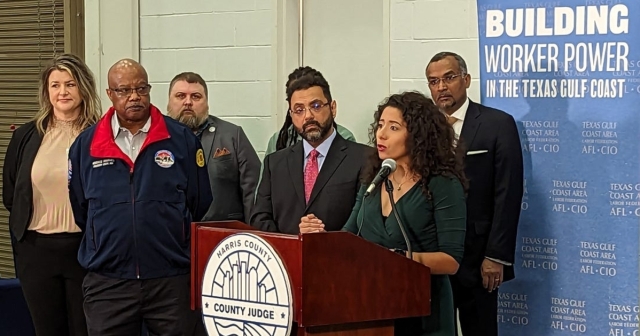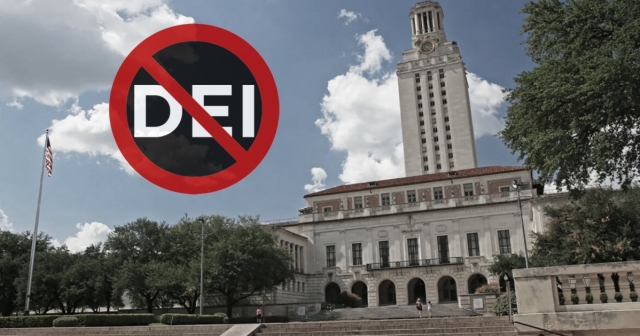Domestic Violence: The Latest Subject of Partisan Squabbling
One would think that domestic violence would be an easy subject to agree on, but the poisonous, partisan atmosphere in Congress always manages to surprise us all (or maybe at the point, it fails to surprise us).
The Violence Against Women Act (VAWA), first passed in 1994 and sponsored by then-Senator Joe Biden, has passed Congress in 2000 and 2005 without controversy. VAWA outlined new federal crimes relating to domestic violence, created system responses, and protected particularly vulnerable groups such as immigrant women. Each renewal has added to the legal protection to victims of domestic violence.
The Violence Against Women Act is once again up for renewal this year, and the act that used to be passed with bipartisan approval has now stalled. The House passed a version of the Violence Against Women Act on May 16, 2012, along partisan lines. However, the House version was markedly different from the Senate Version. As the Christian Science Monitor’s article “House Passes Violence Against Women Act, Grudgingly” reports,
- The Senate adds language that explicitly mentions gay and transgender Americans for protection, while the House version is gender neutral. Republicans contend that their measure allows all Americans to receive protection because it does not specify who qualifies for various programs. Democrats, however, say that local law enforcement could use the lack of specificity to discriminate against gay or transgender people.
- The House bill does not include a Senate provision that would allow Native American women to take American citizens who abuse them to court within the tribal legal system. Republicans say that the Senate measure is unconstitutional and replace it with a proposal that allows Native American women to apply for protection orders from local US courts. Democrats contend that without the Senate’s proposals, Native American women abused on an Indian reservation are often left without legal recourse.
- The House bill does not allow for a path to citizenship for illegal women who have been abused and agree to cooperate with the police investigation of the crime. Moreover, it holds the cap on temporary visas offered to women cooperating in legal investigations to 10,000, below the Senate’s increased 15,000 level. Republicans say the citizenship provision is akin to amnesty for illegal immigrants. Democrats, on the other hand, say that women fearing deportation may never come forward to take abusers off the street under the House bill.
The Senate, having already passed their version of the bill back in April, wants the House to vote once again on the Senate’s version. The White House has already declared that it would veto the House version. However, the House seems unwavering in its vote, and in order for the bill to pass, a new bipartisan bill will have to be created. The Violence Against Women Act, however, is on the backburner as other bills take precedence.
Texas used 8.8 million dollars from VAWA in 2011 in order to shelter victims and children, answer hotline calls, and provide for support groups. The controversy over the signing of this bill is worrisome for recipients of federal funding, who are already dealing with overwhelming demand for limited shelter space.
DONATE
Your donation supports our media and helps us keep it free of ads and paywalls.








